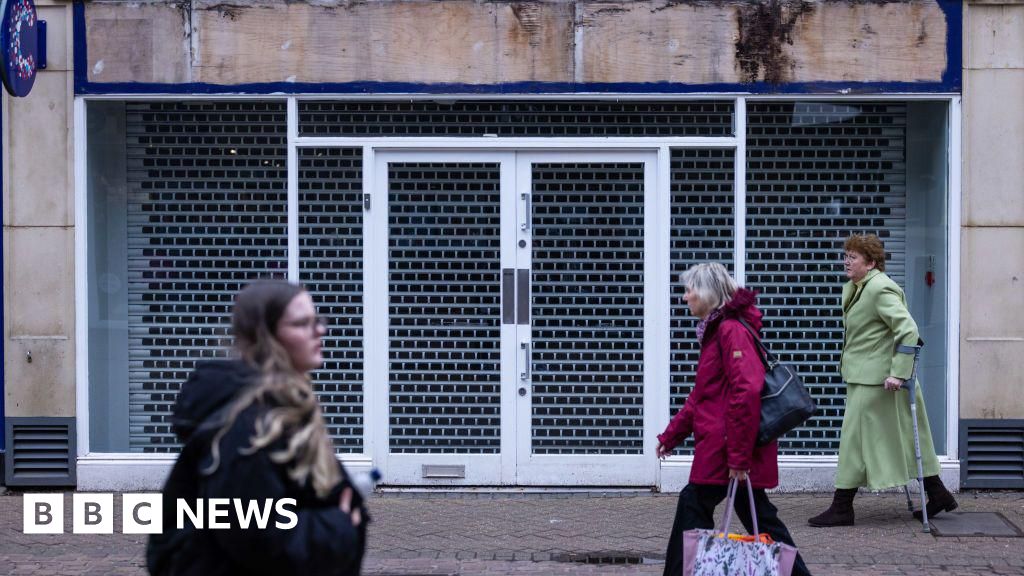Shopping
Warning retail job cuts ‘inevitable’ after NI tax rise in Budget

Bank of England governor Andrew Bailey told the Treasury Committee on Tuesday he had seen the letter and it was “right” to say jobs could be affected.
He said the employer National Insurance (NI) tax rise from the Budget could mean higher inflation, lower wage growth, or higher unemployment, adding in written evidence to the committee the Bank will be “gradual” on interest rate cuts as a result.
Measures in the Budget, in particular the employer NI increase, have been met with a tide of criticism from business, who argue it will hold back growth.
But concerns have been loudest among retailers and hospitality businesses, where many young people find their first jobs. Firms in those sectors are also facing higher costs from next year’s rise in the minimum wage.
Though many individual retailers have already spoken out, this letter marks the first time so many have done so together.
The 81 signatories of the letter range from big British retailers – such as Aldi, Asda, Boots, Currys, John Lewis, Lidl, Marks & Spencer, Primark and Sainsbury’s – to charity shop group the British Heart Foundation and trade group Associated Independent Stores.
The government has defended its tax rises as necessary to avoid cuts to public services, and the rise in the minimum wage, with a bigger boost for younger workers and apprentices, has been welcomed by trades unions.
The letter from the businesses belonging to the British Retail Consortium (BRC) said: “The sheer scale of new costs and the speed with which they occur create a cumulative burden that will make job losses inevitable, and higher prices a certainty.”
It calculated the changes would add over £7bn a year in costs, adding it would “not be possible to absorb such significant cost increases over such a short timescale”.
“The effect will be to increase inflation, slow pay growth, cause shop closures, and reduce jobs, especially at the entry level.”
However, Nadine Houghton, GMB Union national officer, said larger businesses “pleading poverty” was “utterly pathetic”.
“Most of these companies’ fortunes are already subsidised by the taxpayer. They pay very low wages which then have to be topped up by in-work benefits,” she added.
“It’s only right that they should now contribute a bit more to rebuilding our country.”










